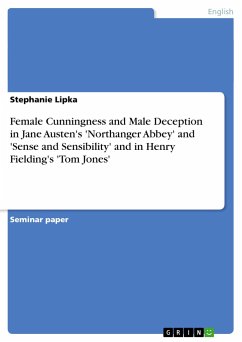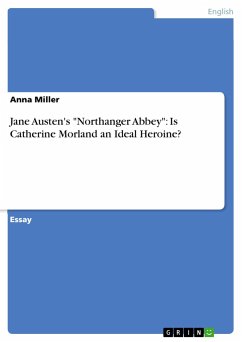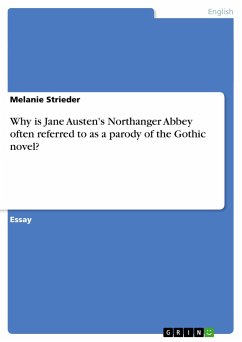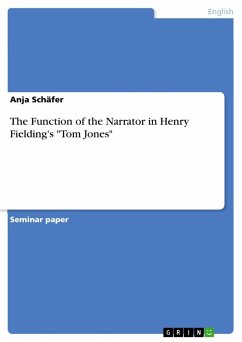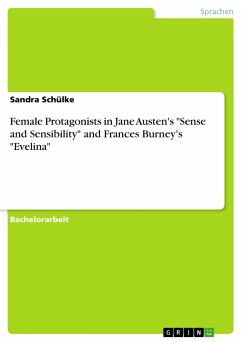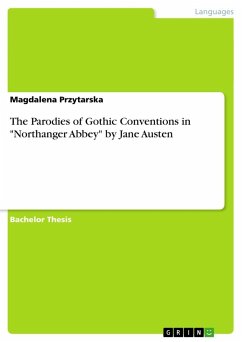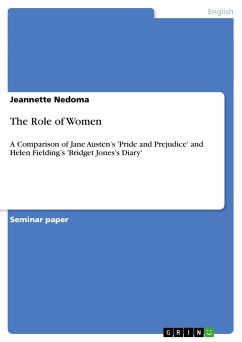Seminar paper from the year 2001 in the subject English Language and Literature Studies - Literature, grade: 2,7, University of Münster (Englisches Seminar), course: Comedy and Burlesque in Henry Fielding and Jane Austen, language: English, abstract: When comparing Jane Austen's novels 'Northanger Abbey' and 'Sense and Sensibility' to Henry Fielding's 'Tom Jones,' the reader's first observation will be that they do not have too much in common. Jane Austen tells romantic love stories. Henry Fielding mostly deals with sex. Jane Austen's main characters are women waiting for and suffering on behalf of a man. Henry Fielding describes male chauvinist behaviour.In this work, I want to take a closer look at the differences between the novels.Focussing on cunning as well as on cunning, game and intrigue, I compare the authors' ways of presenting their characters. In both 'Northanger Abbey' and 'Sense and Sensibility,' we come across women of relatively low social status who want to improve their lifestyle by marrying wealthy. We also come across men who turn out not to be what they seem: men that (in 'NorthangerAbbey') lack responsibility or who (in 'Sense and Sensibility') simply have too much of it. In 'Tom Jones,' we find two characters both evil and cunning, one of whom is male. This work focuses on these characters' motives, actions and on the effects of these. Furthermore, it deals with the question whether their behaviour is judged by the authors.Genre will not be focussed on, but the questions mentioned beforehand will be answered by a closer examination of style. A man thinks differently from a woman; he presents female and male characters in another way than a woman would and he expresses histhoughts in a different manner.Starting from the topic of cunningness and charade, the following pages will deal with the different perception and presentation of both female cunning and male deception in the novels - depending on the author's sex.

